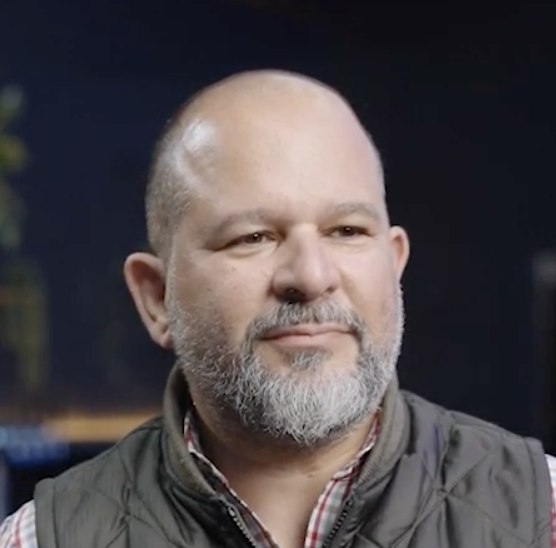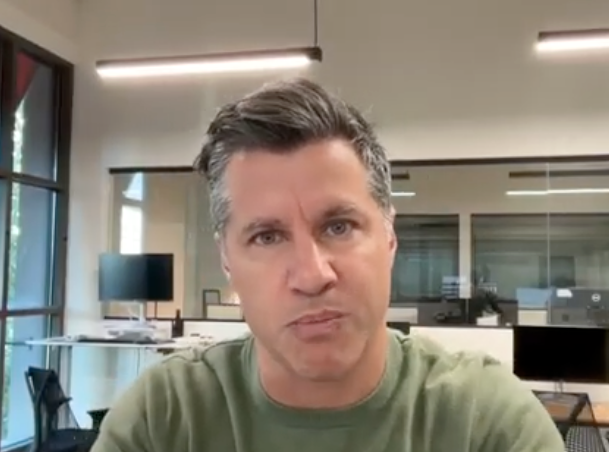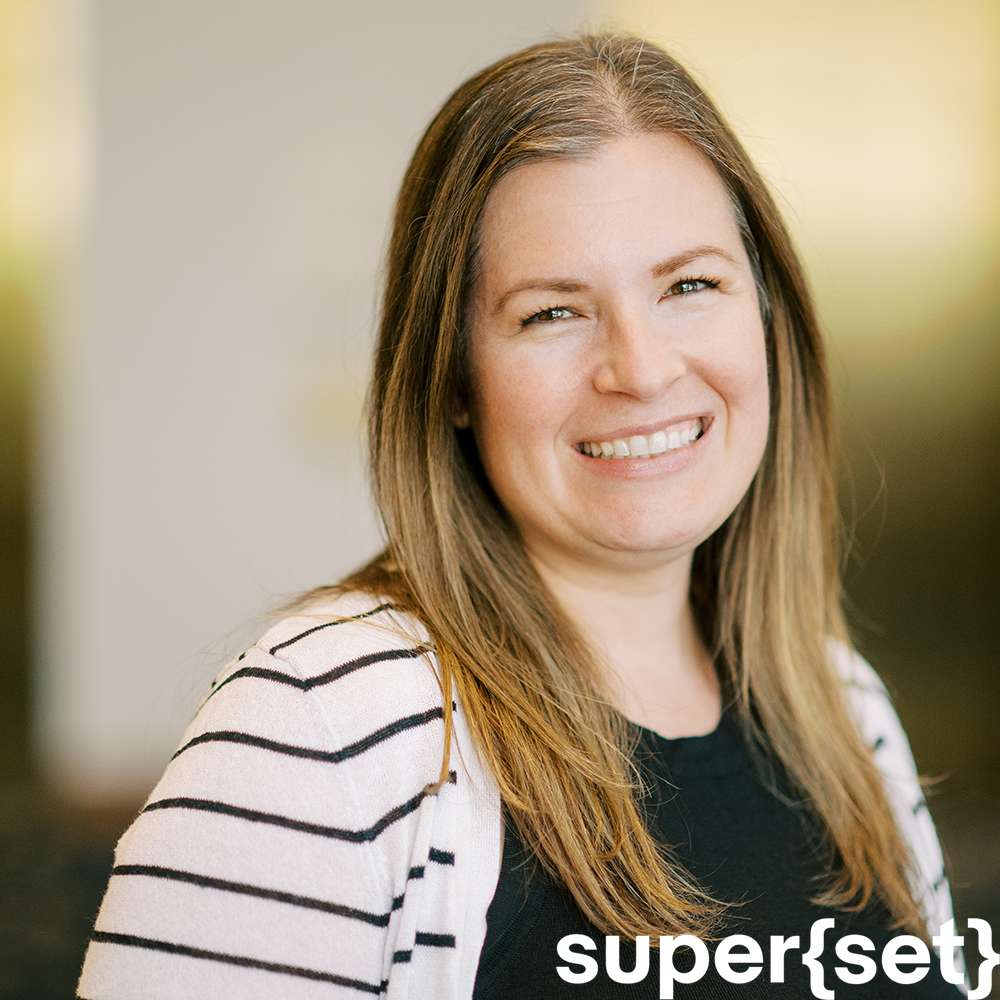
Silicon Valley’s Greatest Untapped Resource: Moms
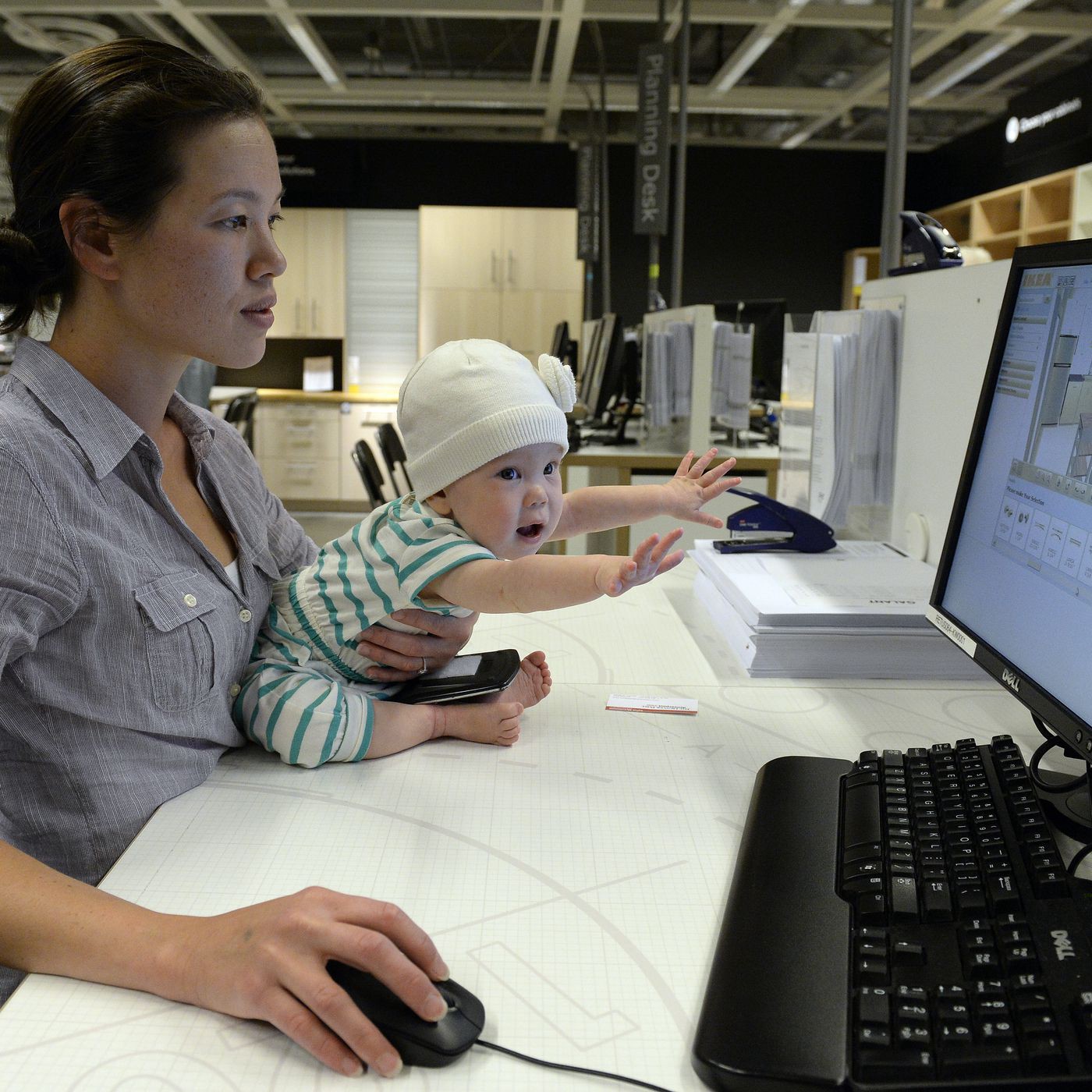
Around the end of 2021, I gave birth to my second child and became a co-founder of my software start-up, MarkovML. The popular narrative says that these two life developments sit in tension with each other. That has not been my experience. If anything, I’ve learned that being a mother has made me a better entrepreneur and being an entrepreneur has made me a better mother.
Many of the traits and skill-sets required of mothers are the same soft skills that make for a successful founder, which is possibly one of the reasons women-founded startups perform so well.
BCG reported that women-founded startups generate 78 cents of return for every dollar funded compared to 31 cents from male-founded startups. Despite these better results, less than 2% of founders in enterprise tech startups are women.
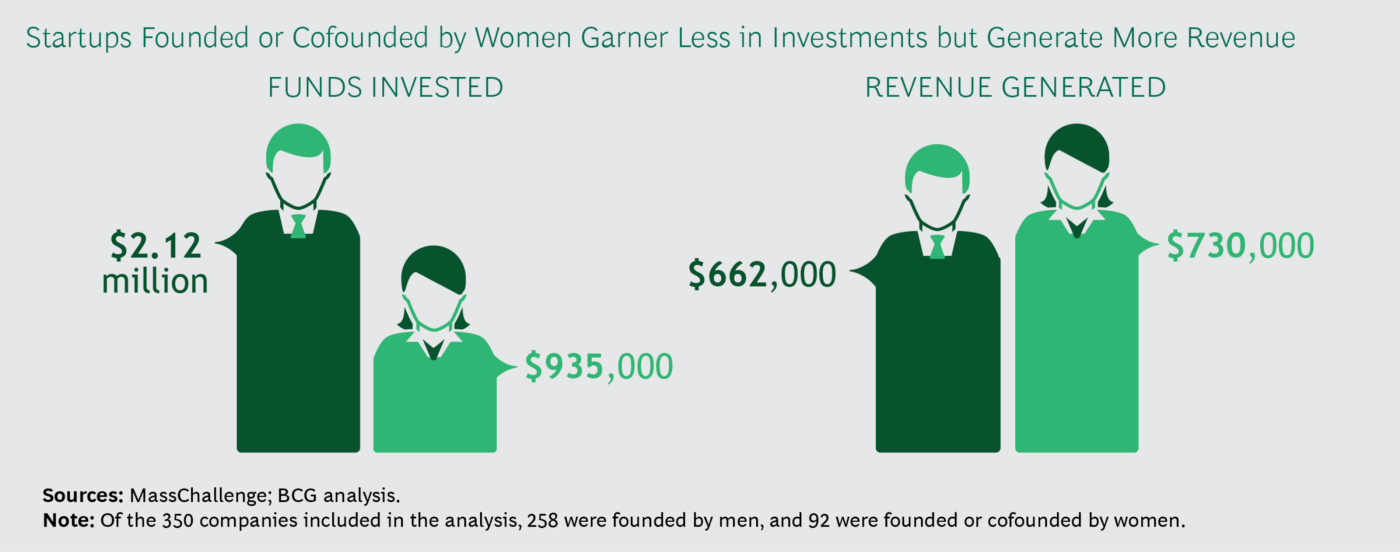
I think it’s time to change the narrative. Motherhood and entrepreneurship have a lot in common. Here are just a few of my observations.
They both demand a leap of faith.
Motherhood requires faith. It’s not blind faith; it’s a deeply held belief rooted in passion, grit, and humility so you can push through the doubt, fear, and difficulty that comes from creating and fostering another human. I learned this early when trying to become a mother. My husband and I went through a 7+ year infertility battle. Faith was what pushed me through the physical, mental, financial, and emotional pain of that experience. That same faith is what makes for successful entrepreneurs. Just like motherhood, entrepreneurship can be a pride-swallowing and soul-sucking experience and faith provides the confidence and passion to push through the many challenges to see a vision through.
They both require you to embrace the chaos.
Breaking things, messiness, contradictions, meltdowns … there is no avoiding chaos in the early years. As the business and our children mature, we’ll reign in the chaos, but chaos is a crucial ingredient to transformation in the early stages. Traditionally, I’ve preferred order and discipline. It wasn’t until I became a mom that I recognized chaos’ value. Providing the right amount of autonomy leads to chaos but it’s also when I see my son’s creativity, development, and confidence grow. Building this muscle has helped me as a founder as much as it has helped me be a good parent. The chaos can be exhausting and tricky, but mothers have more experience weaving through this than most.
You’ll have to wear many hats.
Both motherhood and entrepreneurship are an amalgamation of different jobs. The best entrepreneurs are the ones who thrive in multidisciplinary responsibilities. Whether it’s the nurturer, protector, cleaner, enforcer, project manager, nutritionist, or hero, the diversity of responsibilities never ends for mom either. Motherhood makes us better entrepreneurs because we know how to adapt, be flexible and remove all ego to address the needs at hand.
Your role is always evolving.
The early years are hard. And parenting older kids presents an entirely different set of challenges. Because of that, mothers understand how our role needs to evolve by learning and embracing new skills as our children grow. MarkovML’s co-founder and General Partner of super{set}, Tom Chavez, always equates company stages to child development. Understanding how to navigate the developmental stages is part of the recipe for success.
It takes a village
Mothers understand the importance of community to our children’s success, especially in early development. We know how to build a network of caregivers, friends, and family to care for and influence our kids. Our community is also what provides us stability, camaraderie, and perspective when it’s needed. The significance of a strong village is the same for entrepreneurs, especially among our early team. Our team embodies our business’s culture, and they nurture and influence its future state. When I think about what makes MarkovML special, it comes down to the people. It’s because of our team that we can deliver on the promise of MarkovML. Meeting our children’s and businesses’ potential is difficult, if not impossible, without a village.
Importance of Partnership
A partnership is about shared vision, values, and passion, and I’m fortunate to have that with my husband and co-founders. A partnership is valuable in the best times, but it’s critical when there are challenges. I experienced this when I was in the hospital for a month because of pregnancy complications which led to my son being born seven weeks early and then requiring several weeks in the intensive care unit. This happened at the same time I started at MarkovML. It was tough, but we got through it because my husband managed all the responsibility at home with our older son so that I could get the medical care needed and be with our newborn son. Meanwhile, my co-founders took on 100% of the responsibility for our business. It also highlighted the value of super{set} as they provided the resources, expertise, and mentorship needed in the infant stage of MarkovML so the business could move forward despite these challenges. I know that I wouldn’t be able to give what’s needed to my children and my business if it wasn’t for these partners. Strong partnerships (whatever form they may come in) are essential. Nobody can do everything on their own.
Enjoying the journey, not the destination
In the California gold rush, naive miners aimed to strike it rich by seeking really big nuggets of gold. But the wise miners focused on finding gold dust. While the gold dust wasn’t worth much on its own, if they accumulated enough of the tiny gold particles then they would build great wealth. We often misrepresent entrepreneurship in tech as a route to fame (sometimes infamy) and fortune. But this couldn’t be further from reality. Sure, a successful exit is important, but true wealth in entrepreneurship and motherhood is the collective experience, the accumulation of tiny flakes of gold.
Motherhood is meaningful and relevant work experience. It requires soft skills that transfer into all sorts of industries. Despite this, we continue to follow an outdated mold that treats motherhood as a handicap and has led to losing nearly 2 million women in the workforce in the past couple of years. The first step is acknowledging the value that moms bring to their place of work.
So as we celebrate Mother’s Day, my hope is for investors, customers and employees to challenge outdated assumptions and seek out businesses run by moms. As for moms: my hope is that you see the immense value that you can bring to the table and start to see why you’re uniquely suited to sit at the head of it. Why not start today?
Tech, startups & the big picture
Subscribe for sharp takes on innovation, markets, and the forces shaping our future.
Let's keep in touch
We're heads down building & growing. Learn what's new and our latest updates.
